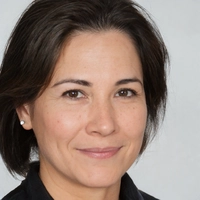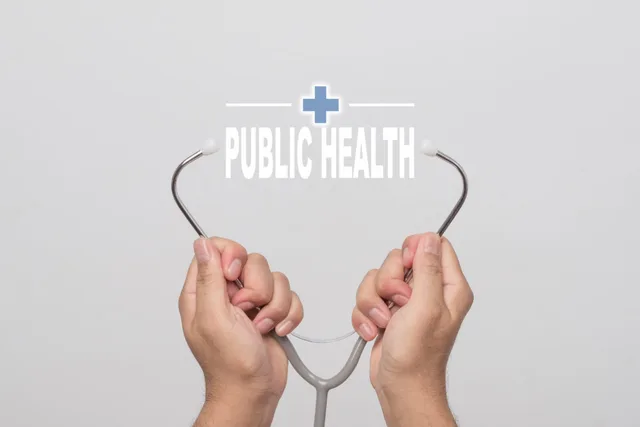
What are the professions affiliated with medicine?
The medical field offers a wide variety of careers, each with its own set of skills and educational requirements. From physicians and surgeons to medical technologists and medical coders, the opportunities are seemingly endless. While the paths may vary, all of these professionals are united in their commitment to providing quality healthcare and promoting health. Here are some of the medical professions you can pursue:
Physicians and Surgeons
Physicians and surgeons are medical doctors who diagnose, treat, and manage patient illnesses and injuries. These professionals can specialize in any number of areas, from family medicine to pediatrics, and are typically responsible for diagnosing illnesses and prescribing treatments. They also provide advice on preventative care, including lifestyle changes and health screenings.
Nurses
Nurses provide direct patient care, including administering medication, treating wounds, and monitoring vital signs. Nurses can specialize in a variety of areas, such as pediatrics, oncology, or gerontology, and they often serve as the primary point of contact between the patient and the physician. Nurses generally require a minimum of an Associate’s Degree in Nursing, although some may choose to pursue a Bachelor of Science in Nursing.
Medical Technologists
Medical technologists are responsible for performing complex laboratory tests and procedures. These professionals usually specialize in a particular area, such as microbiology or cytotechnology, and are highly trained in the use of laboratory equipment. Most medical technologists hold a Bachelor of Science in Medical Technology.
Medical Coders
Medical coders are responsible for translating medical information into codes used for insurance billing and medical records. They are typically required to have a certification in medical coding, although some employers may require a degree in medical coding or a related field. Medical coders must be highly knowledgeable of medical terminology, anatomy, and disease processes in order to accurately code medical records.
These are just a few of the many professions available in the medical field. With the right education and experience, you can pursue a career that allows you to make a real difference in the lives of patients.
Medicine is an ever-growing and evolving field, and with it come many professions related to the medical sector. From dentists and nurses to pharmacists and medical researchers, each profession plays an important role in providing quality care and treatment. Let’s take a closer look at some of the most popular professions affiliated with medicine.
Physicians:
Physicians, also known as doctors, are highly trained professionals who diagnose and treat illnesses and injuries. They must complete a four-year bachelor degree, followed by four years of medical school and three to eight years of residency training. Physicians specialize in specific areas of medicine, such as pediatrics, internal medicine, or surgery.
Nurses:
Nurses are healthcare professionals who work alongside physicians to provide patient care. They must have a nursing degree, typically a Bachelor of Science in Nursing (BSN). Nurses can specialize in areas such as obstetrics, pediatrics, geriatrics, or mental health.
Dentists:
Dentists provide preventive care, diagnose problems, and treat conditions of the teeth, gums, and mouth. They must have a doctorate in dental surgery or dental medicine, followed by additional training. Dentists may specialize in areas such as orthodontics, endodontics, or periodontics.
Pharmacists:
Pharmacists are responsible for dispensing medications and providing advice about their use. They must have a doctorate in pharmacy, followed by additional training. Pharmacists may specialize in areas such as veterinary medicine, oncology, or compounding.
Medical Researchers:
Medical researchers study and analyze diseases, treatments, and other health related topics. They must have a doctorate in a related field, such as medicine or biology, as well as additional training. Medical researchers can specialize in areas such as epidemiology, biostatistics, or clinical research.
These are just a few of the many professions related to medicine. Each profession plays an important role in providing quality care and treatment, and it is important to recognize the value of each profession.









